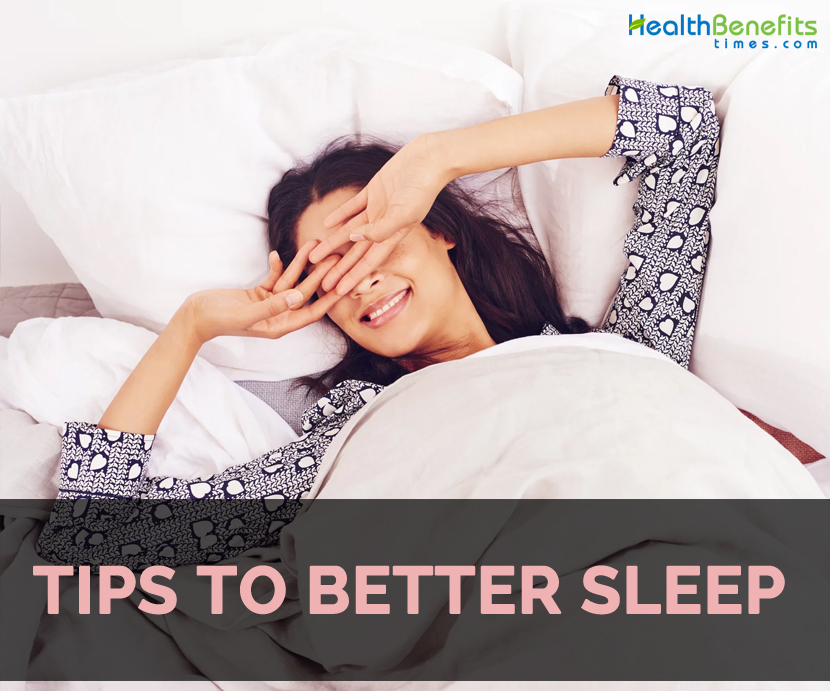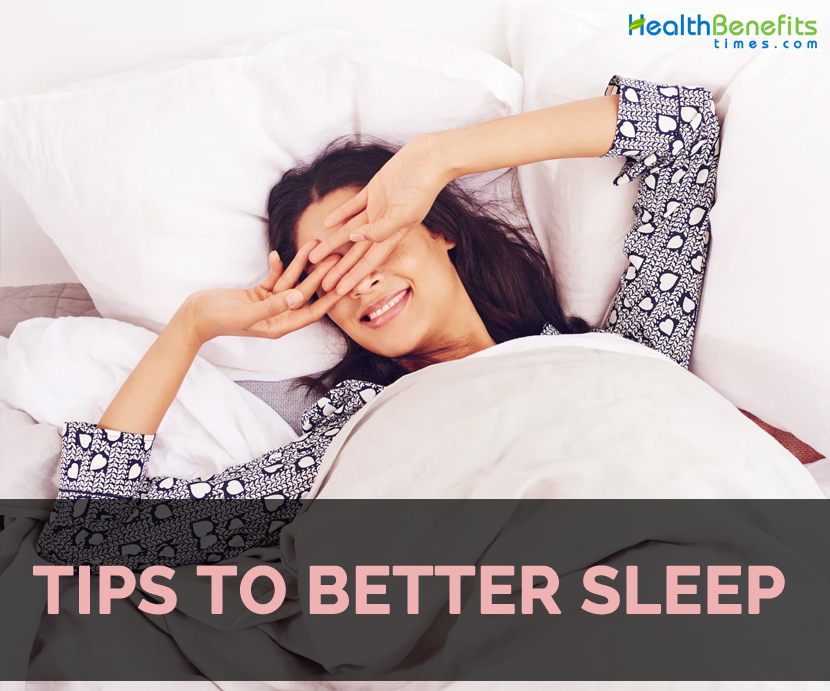

Eating a diet high in nutrients and minerals, particularly magnesium and calcium, will help your energy levels, and encourage a better night’s sleep. Dark green, leafy vegetables such as kale, spinach, chard (silverbeet), brussels sprouts, broccoli, parsley, and watercress, as well as other vegetables such as celery, sweet potato, and onion, are all high in calcium and magnesium. Fruit containing high amounts of these minerals are oranges, dates, figs, dried apricots, avocados, and bananas.25 This may be why most poor sleepers report drastic improvements while Rebooting.
2. Turn off the tech
Where possible, avoid exposure in the evenings to artificial light from electronic devices such as smartphones, iPads, computers, and televisions. These will inhibit your melatonin production, which is your hormone of rest. If you use your phone as an alarm, I suggest putting it on flight mode and facing it down to avoid disturbances and radiation exposure while sleeping. If you sleep near a digital alarm clock, make sure the LED lights are red, not blue or green, as we tend to sleep better with red light.
3. Dim the lights
Melatonin is the natural “sleep” hormone produced by the pineal gland each night. Not only does it help maintain our circadian rhythms—our twenty-four-hour clock—it’s also a powerful antioxidant that helps protect the nuclei and mitochondria in our DNA. In order to take advantage of this natural mechanism, avoid having too many lights on in the house in the evenings, as this will reduce your melatonin production. Turning on just a few lamps that offer low light will help. And try to never sleep in a room where the lights are actually on!
4. Rise and shine, literally
Your biological clock is run not only by the darkness at night, which leads to the production of melatonin; exposure to natural light in the morning also supports a healthy circadian rhythm, as it signals to the hypothalamus, which controls a cascade of hormonal changes in the pituitary, pineal, adrenal, and thyroid glands. It also affects the immune system. So keep your days bright and your nights dark.
5. Set the mood
Your sleep area should be dark with plenty of ventilation. It should be an oasis of rest. Don’t associate it with other activities such as playing video games. Make your bed the bell that says it’s time to sleep, not play.
6. Stay on schedule
Trying to go to bed at the same time every night will promote a regular sleep time. This goes back to the circadian rhythms. We are creatures of daily routine, so if you go to bed at a certain hour each night and wake at a certain hour each day, these habits tend to form neural patterns that are easier to maintain than random times for sleeping and rising.
7. Know the golden hours
The optimum hours for true regenerative sleep are between 10:00 p.m. and 3:00 a.m. Remember the expression “Every hour before midnight is worth two after midnight.” Yes, this seems a little early, especially if you are young and want to catch a gig that starts at 10:30 p.m. Make these excursions the exception, not the rule, and you’ll get better, deeper sleep.
8. No booze, more snooze
Alcohol is a common “cure” for insomnia—in fact, doctors once recommended “nightcaps” to help with sleep—but drinking before bedtime, while it may induce drowsiness, leads to poor-quality sleep by disrupting sleep stages and causing abrupt awakenings during the night. Most people don’t realize this, but they have tossed and turned all night. So avoid alcohol several hours before going to bed.
9. Keep your plate light at night
Avoid eating heavy evening meals. Your digestive system slows down when you sleep, and a full stomach will result in a restless night. This is especially true if it’s a spicy meal, which can lead to heartburn. Try to eat about three or four hours before bed, and make your evening meal a light to moderate meal. Foods that contribute to a good night’s sleep are rich in tryptophan, a sleep-promoting substance found in nuts, seeds, bananas, honey, eggs and, most famously, turkey and warm milk.
10. Cut the caffeine
Everyone metabolizes caffeine differently, and some people are more tolerant of its effects than others. But caffeine is a stimulant that people drink to wake up. Therefore, caffeinated beverages should be avoided in the evening if you want good sleep. The obvious culprits are coffee, tea, and cola, but caffeine is also found in drinks and desserts containing cocoa, as well as the ultimate expression of cocoa, chocolate. Preferably avoid all these after 2:00 p.m.
11. Inhale, exhale
Use essential oils such as lavender, geranium, chamomile, and rose in oil burners, in baths, or mixed with water in a spray bottle around your sleep area. Or you can add a few drops to your shower floor as you’re having a hot shower. According to research at Ruhr University in Germany, jasmine is as potent as the drug Valium when it comes to its soothing effect; it acts on the receptors for GABA in nerve and organ cells. (GABA is a neurotransmitter that has a calming effect on the brain.)
12. Exercise, but not too late
Daily exercise is one of the traditional solutions for deep, restful sleep, especially if you have a sedentary job or lifestyle. According to a study by the National Sleep Foundation, 150 minutes of moderate to vigorous exercise a week (about twenty minutes a day) delivers a 65 percent improvement in sleep quality.26 Just try not to exercise within two hours of your bedtime, as this will stimulate your heart rate and metabolism and disrupt restful sleep.
13. Rest, relax, and wind down
Many sleep specialists will tell you that anxiety is the number one cause of insomnia, so for at least an hour before bed, practice calm activities such as reading a book, taking a bath, writing, knitting, drawing, or meditating. News reports, stimulating television, or suspenseful movies can interfere with a restful night. Another trick is to keep a “worry journal” where you record your biggest concerns for the next day and how you’re going to deal with them, even if it’s just a note to think about it more tomorrow. Gets them off your chest.
14. Drink less liquid
If you have a tendency to need the toilet during the night, avoid drinking one to two hours before bed. While it’s very important to stay well hydrated during the day and early evening, after about 8:00 p.m., you should be tapering off. Good, uninterrupted sleep will elude you if you have to get up to go to the bathroom in the middle of the night.
15. Don’t worry about the sleep itself
An interesting bind that people get into is not being able to sleep because they are worrying about their inability to sleep. There is a certain perverse wish fulfillment going on here. Instead of thinking about something else, or even about the joy of a good night’s sleep, you think about the horrors of continued insomnia. You can overcome this with positive thinking, deep breathing, and letting go. Or you can read a book for a while to take your mind off things. (You’ll feel better anyway that you’re learning something instead of stewing in the dark.)
16. If you can’t get enough, take a nap
According to one study, a group of pilots who slept for six hours or less for seven nights while on duty found that their cortisol (stress hormone) levels increased significantly and stayed elevated for two days. The recommended seven hours of nightly shut-eye allows your body enough time to recover from the day’s stress. When you fall short of the mark, take a nap the next day—Pennsylvania State University researchers found that a midday snooze cut cortisol levels by 50 percent in subjects who’d lost sleep the previous night.
17. Blow the long horn
You know that long horn the Aborigines blow? It’s called the didgeridoo. One Australian study showed that if you blew it for twenty-five minutes a day, six days a week, it would improve sleep apnea symptoms. It has something to do with strengthening the muscles around the airways.
Comments
comments
